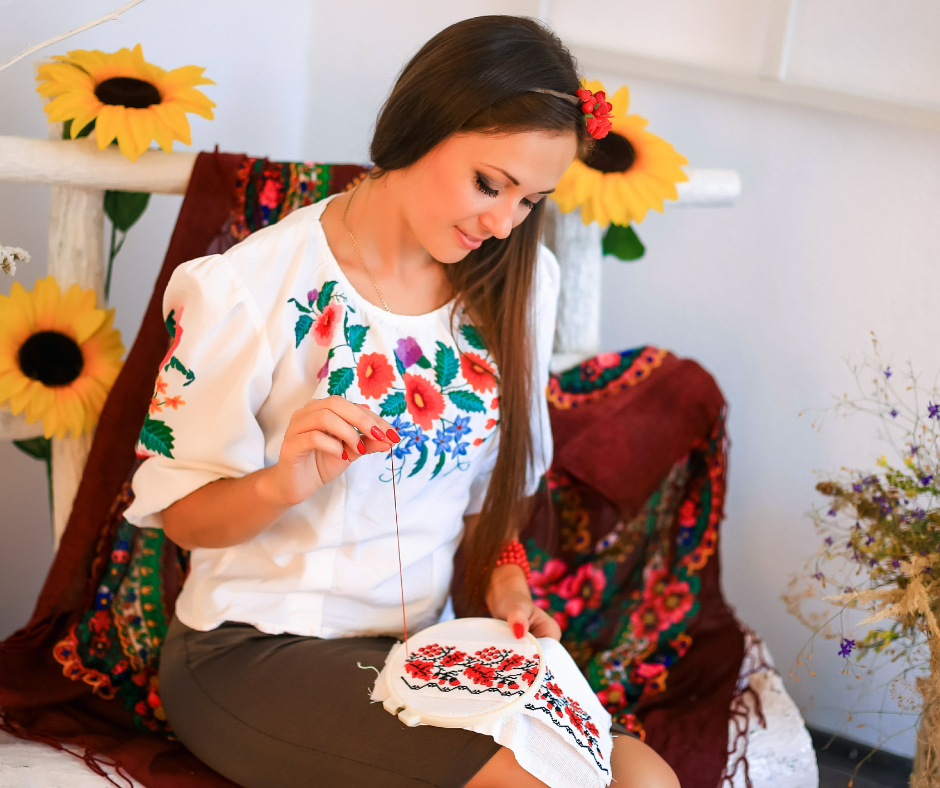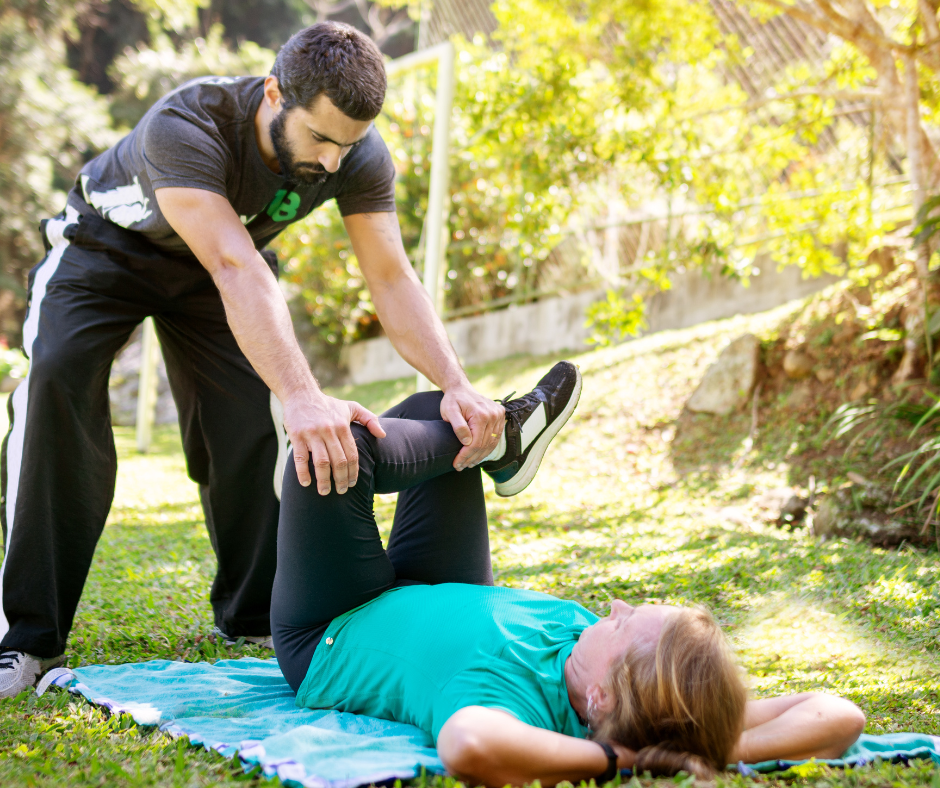Are you tired of drinking out of boredom and ready to embrace a sober life in 2024? You’re not alone. Many people struggle with boredom drinking, but the good news is that there’s a way out. In this blog post, we’ll explore the connection between boredom and alcohol consumption, identify personal triggers, and provide effective strategies to help you overcome boredom drinking and live a healthier, more fulfilling life.
Short Summary
- Understand the connection between boredom and drinking to gain control.
- Identify triggers for boredom drinking, develop healthier habits & coping mechanisms.
- Replace boredom drinking with physical exercise, creative pursuits, community involvement & professional help for a more fulfilling life in 2024!
Understanding the Link Between Boredom and Drinking
Boredom and binge drinking often go hand-in-hand, as drinking alcohol to pass the time and relieve boredom is a common occurrence. Parties, seasonal events, family meals, or work gatherings could all present opportunities to enjoy alcoholic beverages in a social setting and lead people to drink alcohol out of boredom, potentially leading to alcohol misuse.
However, boredom drinking can result in a damaging cycle that is difficult to break and can negatively impact ongoing mental health. It’s essential to understand the link between boredom and alcohol consumption to take control of your life and prevent drinking out of boredom.

Emotional Triggers for Boredom Drinking
Stress, anxiety, and loneliness can all be potential triggers for boredom drinking. People may turn to alcohol as a way to cope with these negative emotions, but in doing so, they may be putting their mental health at risk. Many scientific studies have proved a positive relationship between boredom/loneliness and excessive alcohol use.
“A scale of Existential Boredom (e.g., frequency of boredom, a lack of purpose in life) was found in multiple regression analyses to have a strong, positive relationship to frequency of alcohol use among males,” according to a study published in Journal of Drug Issues. (Contrasting Effects of Two Kinds of Boredom on Alcohol Use, Orcutt, 1984)
To overcome boredom drinking, it’s important to recognize these emotional triggers and develop healthy coping skills to manage them without relying on alcohol. By understanding the Boredom Proneness Scale, which measures an individual’s tendency to experience boredom, we can gain insight into the potential pathological personality trait associated with negative feelings such as depression, hopelessness, loneliness, and motivational orientation. Recognizing these emotional triggers is essential for developing healthy coping skills and preventing boredom drinking.
The Role of Habit in Boredom Drinking
Habitual patterns of alcohol consumption can play a significant role in boredom drinking. These habits are often activated by certain cues or conditions, like boredom, which can lead to excessive drinking and result in a variety of health issues, including alcohol abuse. By recognizing and addressing these habits, you can break the cycle of boredom drinking and take control of your life.
“Many young people who report high levels of boredom also tend to have high levels of alcohol and drug abuse, as well as greater involvement in extreme sensation activities and/or various forms of delinquency,” reported a recent Australian study. (Exploring the Links between Leisure Boredom and Alcohol Use among Youth in Rural and Urban Areas of Australia, Patterson et al., 2000)
Strategies for breaking the habit of boredom drinking include recognizing potential triggers, exploring new hobbies and activities, creating a supportive social circle, utilizing mindfulness and stress management strategies, and seeking professional assistance. By implementing these strategies, you can effectively overcome boredom drinking and maintain a healthier lifestyle.
Identifying Your Boredom Drinking Triggers

Recognizing and addressing personal triggers that lead to boredom drinking is crucial for maintaining a sober lifestyle. By developing self-awareness and reflecting on your emotions and thought patterns, you can uncover the triggers for boredom drinking and take proactive steps to address them.
This proactive approach will empower you to break the cycle of loneliness, addiction, and more loneliness, ultimately leading to a more fulfilling life in the present moment.
Self-Awareness and Reflection
Self-awareness and reflection are essential in identifying triggers for boredom drinking. By recognizing your emotions and thought patterns, you can uncover the triggers for boredom drinking, empowering you to make positive changes in your life. Journaling, self-reflection, and mindfulness can help you gain an understanding of your triggers for boredom drinking, enabling you to take proactive steps to prevent boredom drinking and stay sober.
By practicing self-awareness and reflection, you can develop healthier habits and coping mechanisms to replace boredom drinking. This will help you regain control of your life and improve both your mental and physical health.
Tracking Your Drinking Patterns
Tracking your alcohol consumption can help you identify patterns and situations that lead to boredom drinking. By keeping a log of when and why you drink, noting any patterns or triggers that lead to drinking, and making changes to unhealthy habits, you can effectively track your alcohol consumption and identify patterns and situations that lead to boredom drinking.
Understanding your drinking patterns empowers you to take proactive steps to prevent boredom drinking and stay on track with your goals. You can use this knowledge to create a personalized plan for overcoming boredom drinking and maintaining a sober lifestyle.
Strategies for Overcoming Boredom Drinking

There are various strategies available to help you overcome boredom drinking and maintain a sober lifestyle in 2024. Some of these strategies on how to enjoy life without alcohol include developing new hobbies and interests, building a supportive social network, and practicing mindfulness and stress management techniques.
By implementing these strategies, you can effectively manage boredom and negative emotions without turning to alcohol, improving your overall mental health and well-being. In the process, you will also learn to balance positive and negative emotions, leading to a more stable emotional state.
Developing New Hobbies and Interests
Engaging in new hobbies and interests is an excellent way to fill your time and create a sense of fulfillment without alcohol. These activities can help you stay busy, improve your mental health, and provide a healthier alternative to boredom drinking. Some examples of hobbies and interests that can help you combat boredom drinking include painting, writing, playing an instrument, learning a new language, hiking, biking, reading, baking, volunteering, and taking up a new hobby like photography or pottery.
By exploring new hobbies and interests, you can effectively replace boredom drinking with more fulfilling and enjoyable activities. This will help you regain control of your life and improve your overall mental health and well-being.
Building a Supportive Social Network
Surrounding yourself with supportive friends and family who encourage sobriety and engage in alcohol-free activities can be incredibly beneficial in combating boredom drinking. By building a strong support network, you can access the encouragement and guidance you need to stay sober and successfully overcome boredom drinking.
Connecting with a support group can also help you build meaningful relationships with people who understand and can support you in your recovery journey. Planning interactions according to “Sober in Seven” can help reduce feelings of loneliness and prevent reliance on alcohol. Having a list of supportive contacts is beneficial because it can provide you with immediate access to people who will encourage and support you on your journey to recovery.
For more details about the impact of alcohol on our social behavior, read our article on why does alcohol make you more social?
Practicing Mindfulness and Stress Management Techniques
Mindfulness practices and stress management techniques can empower you to cope with boredom and negative emotions without turning to alcohol. Practicing mindfulness can help you become more aware of your emotions and triggers, so you can avoid turning to alcohol out of boredom. Stress management techniques can also help you manage difficult situations without alcohol.
By incorporating mindfulness practices and stress management techniques into your daily routine, you can effectively manage boredom and negative emotions without relying on alcohol. This will help you regain control of your life and improve your overall mental health and well-being.
Alternative Activities to Replace Boredom Drinking

Replacing boredom drinking with enjoyable and fulfilling activities can help you maintain a healthier lifestyle and improve your mental health. Some alternative activities to consider include physical exercise and outdoor activities, creative pursuits and learning new skills, and volunteering and community involvement.
By engaging in these activities, you can effectively quit drinking, replace boredom drinking, and promote a healthier lifestyle in 2024.
Physical Exercise and Outdoor Activities
Physical exercise and outdoor activities offer a great way to stay active, have fun, and improve your mental health. Engaging in physical exercise and outdoor activities can boost your mental wellbeing and help you resist the urge to drink out of boredom. Some fun and exciting examples of physical exercise and outdoor activities include kayaking or fishing, camping, spin class, yoga, Pilates, CrossFit, Zumba, Bootcamp, and Class Pass.
By incorporating physical exercise and outdoor activities into your daily routine, you can effectively replace boredom drinking with healthier alternatives that promote mental and physical well-being.
Creative Pursuits and Learning New Skills
Exploring creative outlets and learning new skills can be a great way to find fulfillment and combat boredom without relying on alcohol. Some examples of creative pursuits and learning new skills that can help you combat boredom drinking include painting, writing, playing an instrument, learning a new language, hiking, biking, reading, baking, volunteering, and taking up a new hobby like photography or pottery.
By engaging in creative pursuits and learning new skills, you can effectively replace boredom drinking with more fulfilling and enjoyable activities. This will help you regain control of your life and improve your overall mental health and well-being.
Volunteering and Community Involvement
Volunteering and participating in community events can help you stay engaged, build meaningful connections, and reduce boredom drinking. By volunteering at organizations that help people struggling with addiction, you can provide a meaningful sense of purpose and fulfillment, which can replace the fleeting pleasure of boredom drinking.
By becoming more involved in your community, you can effectively replace boredom drinking with meaningful connections and activities that improve your overall mental health and well-being.
Seeking Professional Help for Boredom Drinking

If boredom drinking becomes unmanageable or leads to alcohol addiction, seeking professional help can be crucial for taking control of your life and preventing potential health risks. Therapy and counseling services can provide you with the support and guidance you need, and addiction treatment programs can help you address the underlying causes of your boredom drinking.
By seeking professional help, you can find resources to stop drinking and address ongoing issues that can make a huge difference in your recovery.
Therapy and Counseling Services
Therapy and counseling can play a vital role in addressing underlying mental health issues that contribute to boredom drinking. Through counseling, you can gain guidance, support, and learn behavioral treatments to help you change your drinking behavior. Cognitive Behavioral Therapy (CBT) can be particularly effective in helping you address alcohol abuse, suggests McHugh and colleagues in their research Cognitive-Behavioral Therapy for Substance Use Disorders.
By participating in therapy and counseling services, you can develop the skills and support necessary to overcome boredom drinking and maintain a healthier lifestyle.
Addiction Treatment Programs

Various addiction treatment programs are available for those struggling with alcohol use disorder and boredom drinking. These programs should address substance use and any underlying co-occurring mental health disorders to ensure the most successful outcome. The best approach to treatment includes access to follow-up therapy, management of skills, group or peer support, strategies to prevent relapse and prescribed medications if needed. Such a comprehensive treatment is most effective in achieving recovery.
Moreover, outpatient rehab can prove to be the most efficient and practical treatment plan for individuals struggling with drinking out of boredom. Through personalized counseling, group therapy, and educational sessions, outpatient rehab for alcohol, addresses the root causes of drinking boredom, equipping patients with coping strategies and skills to combat triggers. This approach fosters a sense of independence and self-discipline while encouraging patients to integrate newfound habits into their daily lives, fostering long-term recovery and a fulfilling, alcohol-free lifestyle.
By participating in addiction treatment programs, you can effectively address your boredom drinking and take the necessary steps towards a healthier and more fulfilling life.
Summary
In conclusion, overcoming boredom drinking is possible by understanding the link between boredom and alcohol consumption, identifying personal triggers, and implementing effective strategies to maintain a sober lifestyle. By engaging in alternative activities, seeking professional help when necessary, and surrounding yourself with a supportive social network, you can break free from the cycle of boredom drinking and embrace a healthier, more fulfilling life in 2024.
Frequently Asked Questions
Why do I drink alcohol out of boredom?
When feeling bored, many people turn to drinking alcohol as a way to enhance their experience and provide an enjoyable sensation. However, this can often lead to overindulgence, resulting in numerous health risks.
How do I stop drinking out of boredom?
Make a commitment to allocate alcohol-free days and stick to them, keep alcohol and substances out of your home, make a schedule to structure your day, and connect with a supportive group regularly.
Eating well, staying hydrated, getting physical activity, and not stocking up on alcohol for the winter are other helpful strategies to stop drinking out of boredom.
Why do I turn to alcohol when stressed?
Alcohol’s reinforcing effects can be attributed to the way cortisol interacts with the brain’s reward system, causing a person to feel pleasure and therefore reach for more of it when stressed.
This cycle can lead to unhealthy consumption patterns when feeling anxious or overwhelmed.
How can I identify my boredom drinking triggers?
Reflect on your drinking patterns and keep track of them to identify your boredom drinking triggers. With self-awareness, you’ll be better equipped to understand and address your habits.
When should I seek professional help for boredom drinking?
If your boredom drinking has become unmanageable or is causing an addiction, seek professional help right away.
What types of addiction are typically treated in drug rehab centers in South Carolina?
In drug rehab centers in South Carolina, a wide range of substance addictions are addressed. These facilities are equipped to treat addictions to various drugs, including but not limited to, alcohol, opioids, stimulants, etc. It’s important to note that addiction treatment programs are tailored to the specific substance and individual needs, ensuring that each person receives the most appropriate care for their unique situation.









